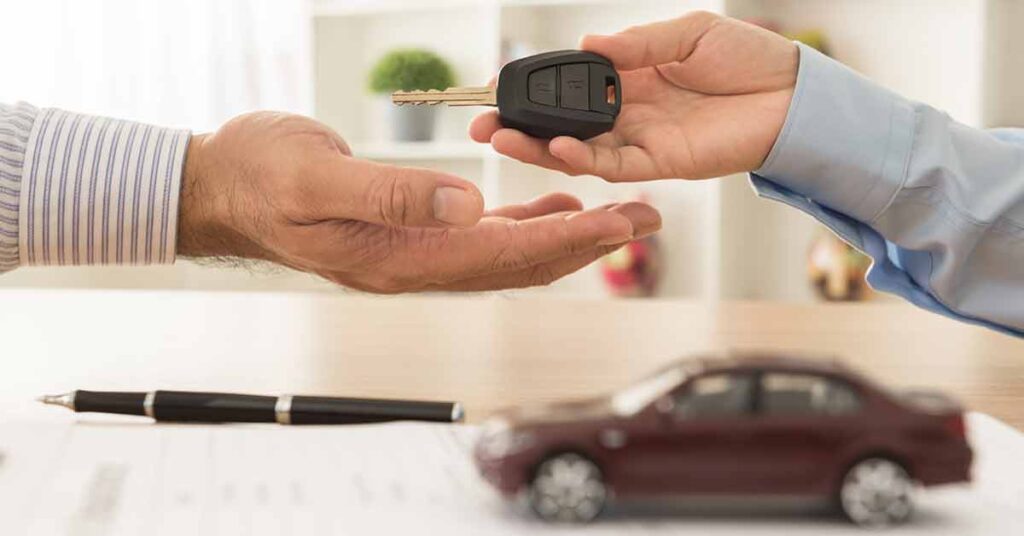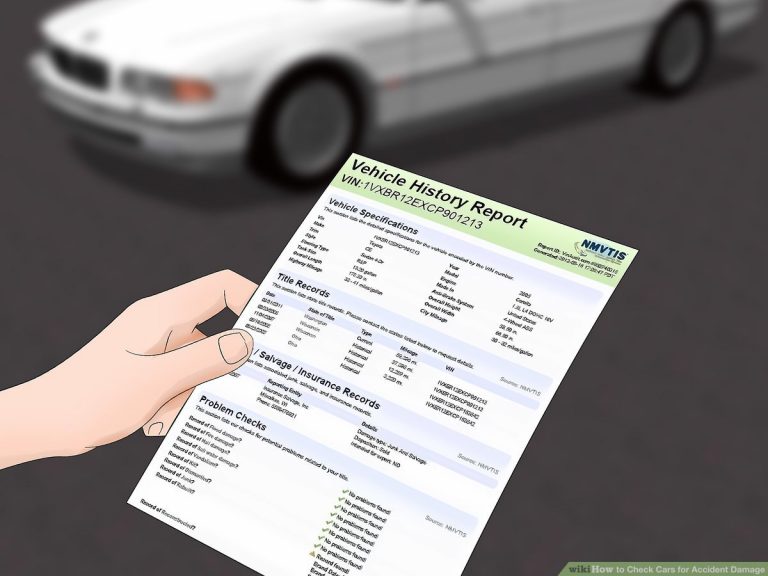Things you should know before replacing your engine
The bad news (that you already got) is that you need to replace your engine. The good news is that replacing your engine doesn’t need to break the bank. Quality used engines are an excellent cost saving alternative to often cost prohibitive new and remanufactured choices. You can save even more if an engine changeover is something you can do yourself. If you’re a DIY about to replace your engine, check out these 8 tips for a smooth, successful job:
- Find and fix the root problem. Engines fail for a reason. Did it overheat? Did the timing belt fail? Was there water in the oil? If something caused your engine to fail and you don’t solve that problem, your new engine won’t last long. Don’t forget to check and resolve any codes in the computer.
- Inspect your new engine. Pay attention to sensors, brackets, and all the other bolt on parts. Your new engine was inspected and interchanged and is the right part for your car. All those little parts were not. Compare them to the parts on your old engine and change over anything that may be different.
- Replace the timing belt, gaskets, and seals. If your new engine has a timing belt, now is the time to replace it. Check and replace the gaskets and seals as needed. These are jobs that are quick and easy when the motor is out, and hard and expensive when it’s in. Remember to check the manual on proper timing.
- Don’t forget to flush. Debris left over in the engine oil cooling system can damage your replacement engine. Don’t forget to replace the engine oil cooler and flush those cooler lines.
- Replace belts, hoses, clamps spark plugs and thermostat. They don’t last forever. Take this opportunity to replace them.
- Be careful not to drop anything inside your new engine. It sounds stupid I know, but we see a couple returns every year where a bolt or nut found it’s way down an intake.
- Don’t forget the oil change. Your new engine was drained before sale. Remember to change the filter and replace the oil.
- Watch that temperature. An engine replacement is a big job. Mistakes can happen. Watch your engine closely the first time you run it. Monitor for leaks and watch that temperature gauge. Remember, overheating isn’t covered by your warranty.
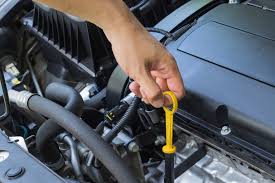
Signs That You Need to Replace Your Engine Oil
Engine oil lubricates the moving parts in your engine to keep your car in good working order. But how do you know when your oil needs changing? The best thing you can do is regularly self-service your car to identify whether you need to replace your engine oil.
Look out for these signs that mean that you need to replace your engine oil ASAP.
Symptoms of Dirty Engine Oil
- Dark or dirty engine oil – the original yellow/amber colour turns dark as the oil becomes contaminated with dirt and debris. Check your engine oil often – monthly is best – to ensure it’s in good condition and replace it when necessary.
- Noisy engine – car oil creates a protective lining between engine parts to reduce friction, heat and damage. Once the oil breaks down, the engine parts begin to audibly knock against each other.
- Oil change dashboard light illuminates – this light indicates that the engine oil level is low and that you need a top up. If the dashboard light illuminates often (as your engine oil level keeps dropping), get your car serviced by a professional as soon as possible. This is a sign of serious engine damage.
- Rough idling – if your car feels shaky while idling, your oil probably isn’t able to effectively lubricate the engine moving parts, making the car vibrate.
- Ticking sound when you start the engine – if the oil viscosity is too thick or thin, the car oil will struggle to circulate. The ticking noise comes from the valves working to move the oil.
- Burning smell – this is a sign of contaminated engine oil or an oil leak.
- Slow acceleration – limited performance is common when engine oil is so old and/or contaminated that it can no longer effectively lubricate the engine parts. You’re especially likely to notice this when driving uphill, towing a trailer or carrying other heavy loads.
- Poor fuel economy – engine oil gets thicker as it ages, becoming increasingly resistant against moving parts. The more resistant the oil, the more fuel is required for oil circulation.
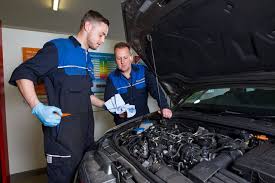
How Often Should I Change the Oil in My Car?
You may have heard that the oil in your car should be changed every three months or 3,000 miles. With better vehicles being produced, that isn’t necessarily true for most cars anymore. While frequent oil changes won’t hurt your car, it will cost you more money and cause more strain onto the environment. So, what is best for you and your vehicle when it comes to how often to change your oil?
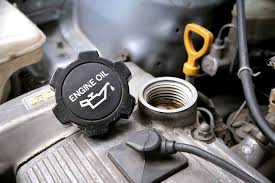
Regular Oil vs Synthetic Oil
The type of oil you use can affect how long your vehicle can go. More and more drivers are using synthetic due to lasting much longer and being much cleaner. Many car owners have found that synthetic oil can last up to two times longer than the standard conventional oil.
If you are using synthetic, it is recommended to change your oil every 7,500 to 10,000 miles, although this can vary based on the brand of your vehicle. If you are still on conventional oil, experts recommend changing out after about 5,000 miles. However, if your car is giving you an alert before you reach this number, you should consider changing it out right away. To find the best time to change oil for your specific year and brand of vehicle, read your owner’s manual as that would give the most accurate time.
What Happens If I Don’t Change My Oil Soon Enough?
Eventually, the engine will start to overheat and damage itself if the oil change is put off for too long. If the oil still isn’t changed, the engine will shut down and will have to be replaced.
Thankfully, getting an oil change is one of the cheapest and least time-consuming maintenance tasks you can do for your vehicle. So, the next time you see your alert come on or you think you’re approaching your limit, don’t forget to change your oil. Your car and your wallet will thank you later.


